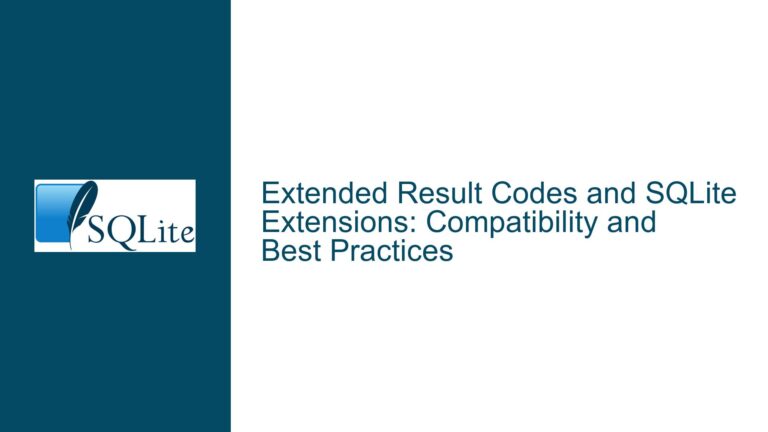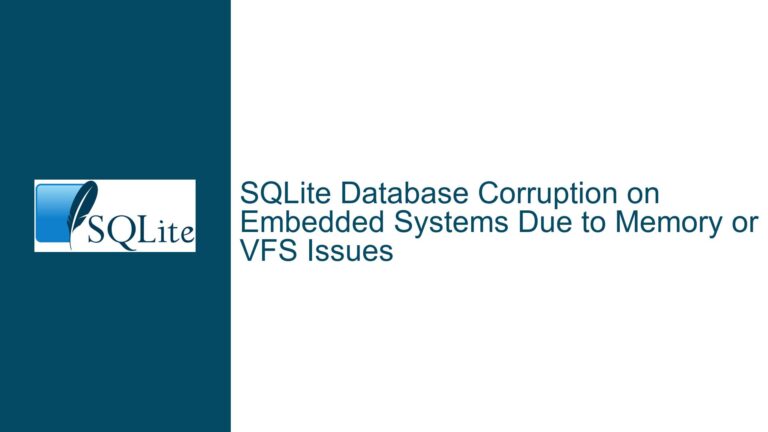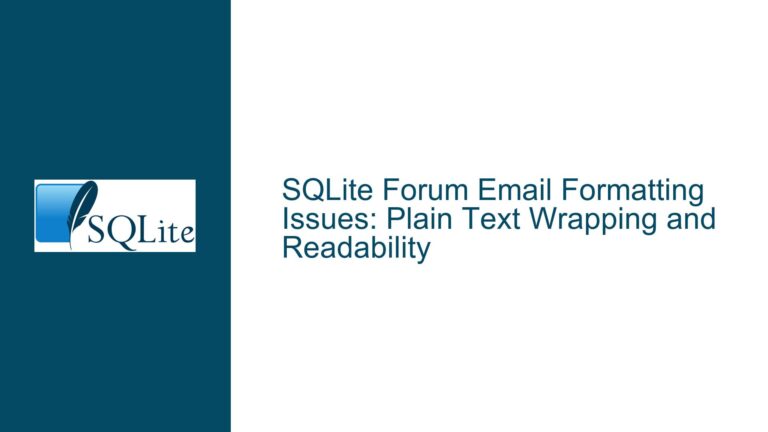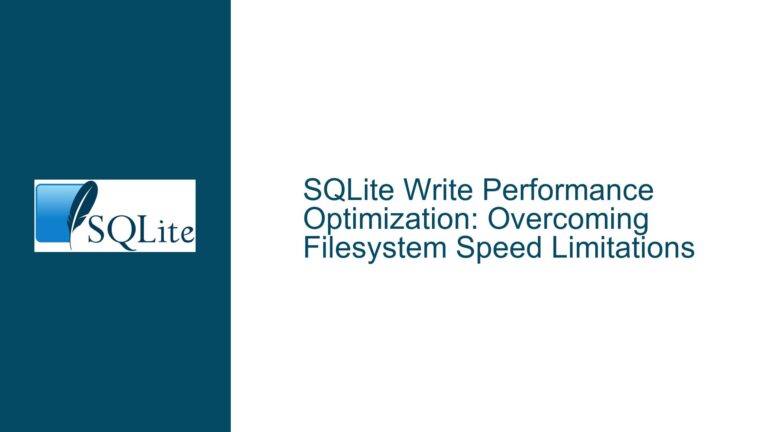Editing Posts in Moderation Queue: Challenges and Solutions
Distributed System Constraints on Post-Editing During Moderation The core issue revolves around the inability to edit posts that are in the moderation queue, primarily due to the distributed nature of the system. In a centralized database system, editing a post while it is in the moderation queue would be relatively straightforward. The system could simply…









